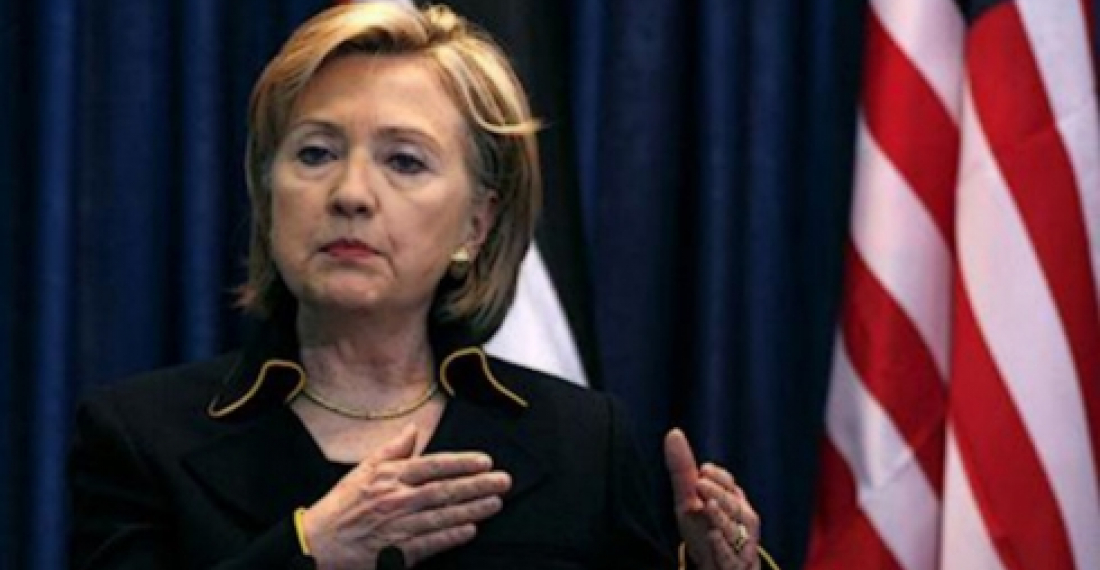The United States , as an OSCE Minsk Group co-chair, will continue overall assistance to achieving an agreement between the Nagorno-Karabakh conflict sides and resolving the problem, U.S. Secretary of State Hillary Clinton said during a meeting with Armenian Foreign Minister Edward Nalbandian, the Armenian Foreign Ministry reported.
"Resolution of the Nagorno-Karabakh conflict is possible only by peaceful means, " Novosti Armenia quoted Clinton as saying.
The conflict between the two South Caucasus countries began in 1988 when Armenia made territorial claims against Azerbaijan. Armenian armed forces have occupied 20 percent of Azerbaijan since 1992, including the Nagorno-Karabakh region and 7 surrounding districts.
Azerbaijan and Armenia signed a ceasefire agreement in 1994. The co-chairs of the OSCE Minsk Group - Russia, France, and the U.S. - are currently holding the peace negotiations.
Armenia has not yet implemented the U.N. Security Council's four resolutions on the liberation of the Nagorno-Karabakh and the surrounding regions.
source: www.trend.az







